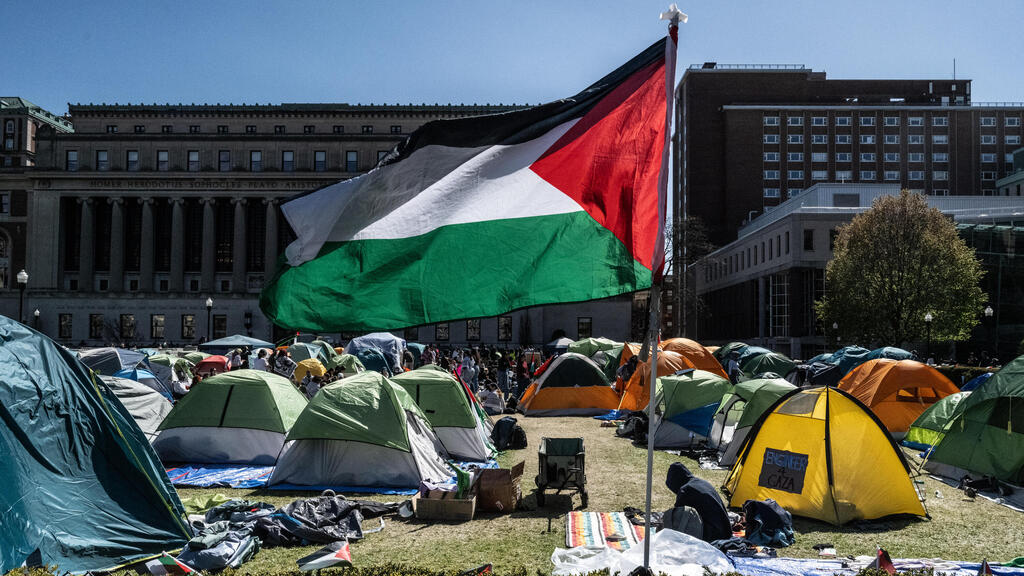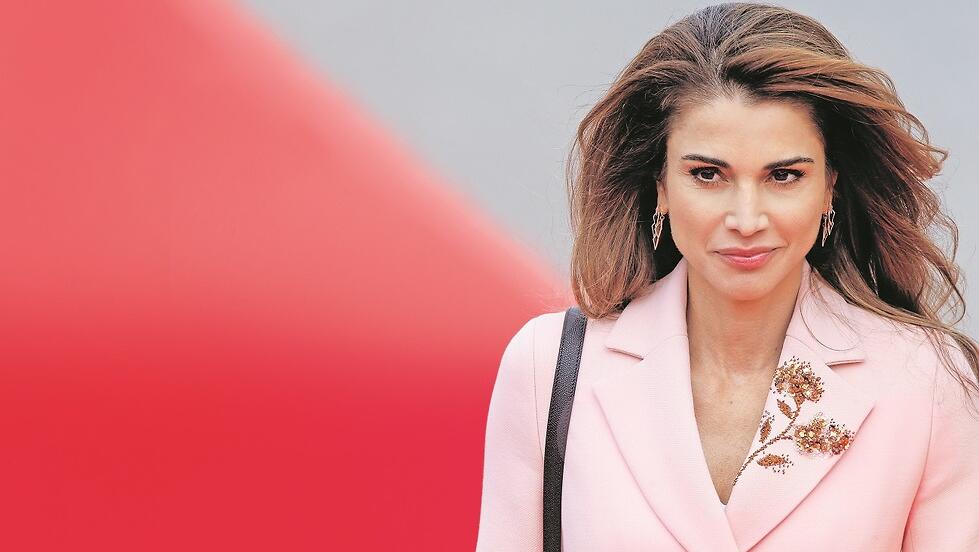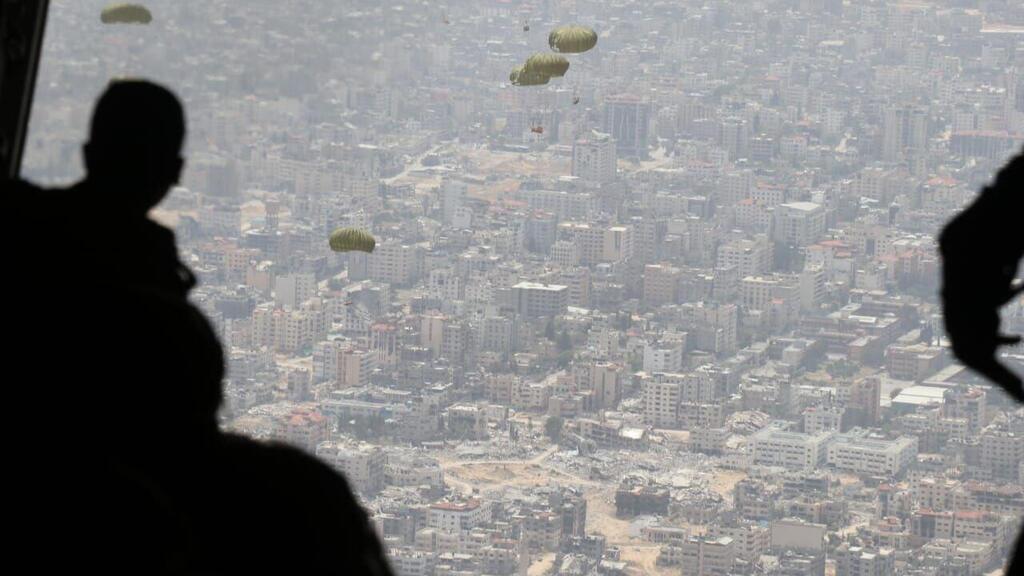Getting your Trinity Audio player ready...
Jordan's Queen Rania condemned antisemitism and called on protesting students at universities in the United States to obey campus rules during an interview on Sunday with Margaret Brennan on CBS' Face the Nation.
"I think it's important to point out that law and order are paramount for everybody. And so, it- it is important for students to abide by the rules of the campus, to not disrupt classes, to not disrupt other students exper- college experience. At the same time, there is a rise in antisemitism, and it's wrong for any student to have to feel unsafe on campus," said Queen Rania.
The Queen, who is of Palestinian descent, said that she believes people are losing sight of what the students are protesting about.
"For them, the issue of Gaza and the Palestinian conflict is more about social justice. They are standing up for human rights, for international law, for the principles that underpin international law. They're standing up for the future that they're going to inherit. So they're asking their universities to divest from an illegal occupation," she said.
"But at the same time, may- maybe more importantly, they are suggesting that there is more to the story than we have been told. That there is that the narrative that we have been fed that- that- that Israel is the victim and the Palestinians are- are violent people who deserve what's happening to them. That- that is not the entire story," she added.
When pressed on the issue, the Queen said: "I think to- to paint all these students and all these protests in a- in a broad paintbrush and to vilify them as being, you know, pro-Hamas or pro-terrorism or antisemitic, I think that's inaccurate. And I think it's- it's somewhat patronizing to some of these students, because a lot of people were saying, well, you know, 'They don't even know what they're protesting, they're just protesting for the sake of it.' A lot of them are well read, thoughtful young individuals who know exactly what they're protesting. They are protesting for justice."
Queen Rania condemned antisemitism, calling it "the worst kind of bigotry" and "pure hatred." And she drew a line between antisemitism and speaking out against the war in Gaza and Israeli policy.
"I always say that Muslims have to be- have to be at the forefront of fighting antisemitism, because Islamophobia is the other side of the same disease, and it's also on the rise. Judaism is a religion of peace. It is the first of the three monotheistic religions. And as Muslims, you know, we- it was- it was Judaism, Christianity, and Islam. We all believe in the same God," she said.
3 View gallery


A Palestinian flag at the protest camp at Columbia University
(Photo: Stephanie Keith / Getty Images)
"And the issue is when you try to conflate anti-Israeli policy with antisemitism, right. Antisemitism is when you persecute somebody, or you discriminate against somebody based on their Jewish identity. Israel is a state. It has political policy, political parties," she continued. "So you can criticize the State of Israel but that's not necessarily antisemitism. So when people stand up and speak against the war in Gaza, when they're talking about the- speak against the collective punishment, when you deprive people of food as a weapon of war, when- when entire populations displaced, when there's indiscriminate bombing. That is not antisemitism, that is speaking against Israeli policy. And I think it would be wrong to hold the Jewish community responsible for the actions of the, or the policies of, Israel."
The Queen's interview comes days before a scheduled meeting between Jordan's King Abdullah II and U.S. President Joe Biden.
When asked if she thinks the protests will change U.S. foreign policy, the queen said she did not know.
She added that the protests are "certainly a grassroots movement and an ex- expression of a generation that feel that there is a contradiction between the values and principles that they were taught that this country stands for and what's actually happening on the ground. And, again, let's not forget that there are a substantial number of Jewish students who are involved in these protests."
She added that young people in Jordan are also upset about U.S. support for Israel, defining it as "outrage." There have been about 1,700 demonstrations by Jordanians in solidarity with the Palestinian people, according to the Queen, and some of them have ended in arrests.
"Jordan is a country of law and order. So as long as people abide- are abiding by the law, as I said, with the demonstrations here, then they are free to protest. It's only when we see vandalism or attacks on public and private property, that the security forces obviously have responsibility to come in, to step in. But, again, Jordan has been probably at the forefront of countries that have stood up and spoken openly about, in defense of, what's happening, and, you know, in defense of Palestinians, and that's not just the leadership, but that's also the people themselves, the people, the government and the leadership. So we're- we're on the same page on this," she explained.
Saying that she understands how traumatized Israelis are since October 7, Queen Rania called for a "permanent cease-fire that allows the hostages to go back home and (Palestinian) people to go back to their homes." She called the current war in Gaza a "visceral reaction of retribution and revenge" and suggested that the Israeli military could have used more surgical strikes to achieve its goal of destroying Hamas.



